
Condesa: The Chic Heart of Mexico City
Condesa is a vibrant and stylish neighbourhood in the heart of Mexico City. Known for its lush, tree-lined streets and art deco architecture, Condesa offers a delightful blend of urban sophistication and bohemian charm. As you stroll through its welcoming avenues, you'll encounter a myriad of trendy cafés, eclectic boutiques, and gourmet restaurants, all contributing to the area's lively and cosmopolitan atmosphere. One of the standout features of Condesa is its beautiful parks. Parque México and Parque España are serene green spaces where locals and tourists alike come to relax, jog, or enjoy a leisurely picnic. These parks are also home to various cultural events and markets, making them perfect spots for soaking up the local culture. For those interested in the arts, Condesa boasts a thriving creative scene. From contemporary galleries to independent theaters and live music venues, there's always something inspiring to see and do. Additionally, the neighbourhood's nightlife is vibrant, with an array of bars and clubs that cater to all tastes, ensuring that the fun continues well into the night.
Local tips in Condesa
- Visit Parque México early in the morning to experience its serene beauty before the crowds arrive.
- Try the local cuisine at one of the many gourmet restaurants or street food stalls for an authentic culinary experience.
- Explore the neighbourhood on foot or by bike to fully appreciate its architectural gems and hidden corners.
- Check out the local event listings for live music, art exhibitions, and cultural happenings during your stay.
- Stay hydrated and wear comfortable shoes, as you'll likely be doing a lot of walking while exploring Condesa.
Condesa: The Chic Heart of Mexico City
Condesa is a vibrant and stylish neighbourhood in the heart of Mexico City. Known for its lush, tree-lined streets and art deco architecture, Condesa offers a delightful blend of urban sophistication and bohemian charm. As you stroll through its welcoming avenues, you'll encounter a myriad of trendy cafés, eclectic boutiques, and gourmet restaurants, all contributing to the area's lively and cosmopolitan atmosphere. One of the standout features of Condesa is its beautiful parks. Parque México and Parque España are serene green spaces where locals and tourists alike come to relax, jog, or enjoy a leisurely picnic. These parks are also home to various cultural events and markets, making them perfect spots for soaking up the local culture. For those interested in the arts, Condesa boasts a thriving creative scene. From contemporary galleries to independent theaters and live music venues, there's always something inspiring to see and do. Additionally, the neighbourhood's nightlife is vibrant, with an array of bars and clubs that cater to all tastes, ensuring that the fun continues well into the night.
Iconic landmarks you can’t miss
Parque España
Experience the beauty and culture of Parque España, a serene oasis in Mexico City's vibrant Condesa neighborhood, perfect for relaxation and exploration.
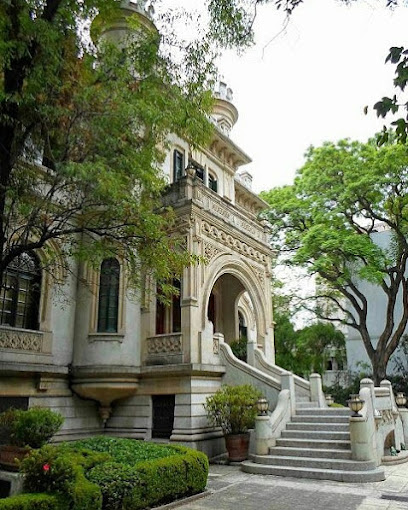
Parque México
Explore the lush greenery and vibrant culture of Parque México, a serene oasis in the heart of Mexico City, perfect for relaxation and local experiences.
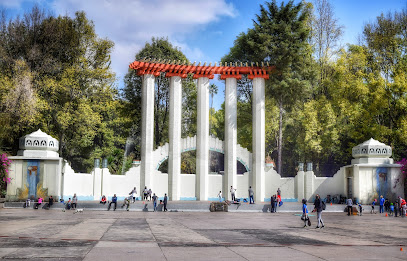
Condesa Tianguis
Discover the Heart of Local Culture at Condesa Tianguis - A Vibrant Market Experience in Mexico City.
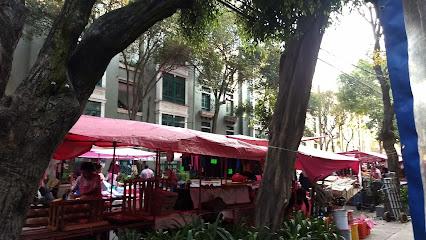
Plaza de los Compositores
Explore Plaza de los Compositores, a serene park in Mexico City’s Hipódromo Condesa, rich with art, culture, and vibrant green spaces.
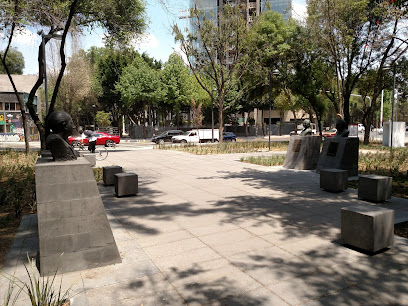
TAMAN CONDESA
Experience the unique blend of modern living and vibrant culture at Taman Condesa, the heart of Mexico City's artistic Hipódromo neighborhood.
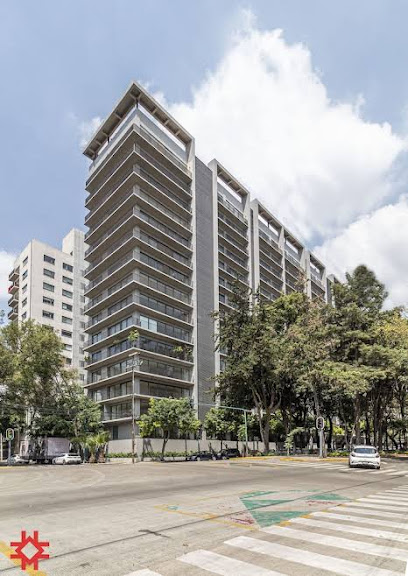
Condesa Haus
Experience the vibrant culture of Mexico City at Condesa Haus, a charming bed and breakfast in the heart of La Condesa's lively neighborhood.

Mooni
Explore the vibrant art scene at Mooni, a contemporary gallery in La Condesa, Mexico City, showcasing innovative works by local and international artists.
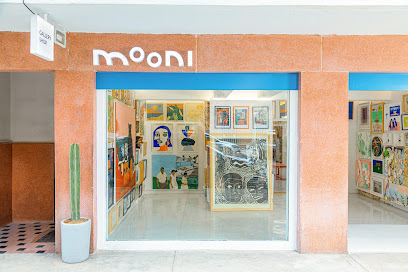
Pingüino México (Condesa)
Discover the essence of Mexican craftsmanship at Pingüino México, a unique gift shop and art gallery in the heart of Condesa, Mexico City.
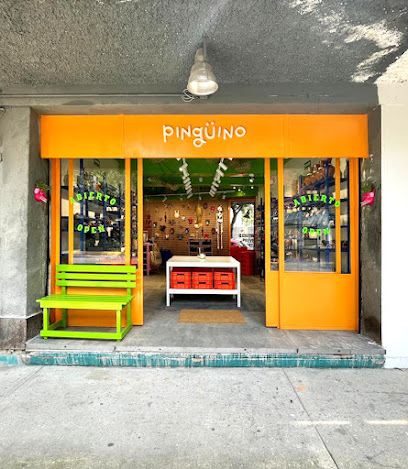
Escondido Condesa
Discover Escondido Condesa, a unique art gallery and cultural hub in Mexico City's vibrant Colonia Condesa, blending creativity with community spirit.
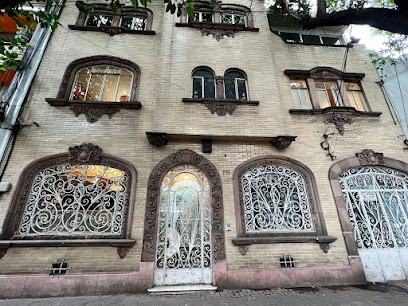
AmazINN Places La Condesa
Discover comfort and style at AmazINN Places La Condesa, your gateway to exploring the vibrant culture of Mexico City.
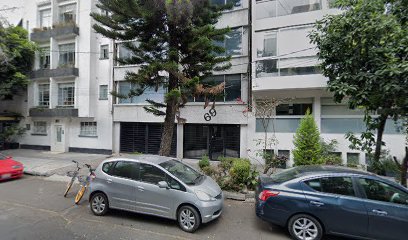
Monument
Explore the Monument in Cuauhtémoc, a historical landmark that captures the essence of Mexico City's rich heritage and architectural beauty.
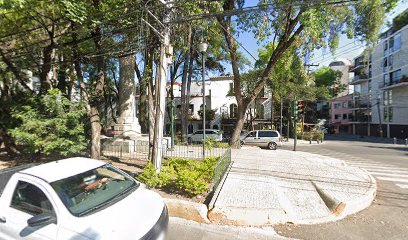
Unmissable attractions to see
Parque España
Discover the beauty of Parque España, a lush urban park in La Condesa, Mexico City, perfect for relaxation and cultural experiences.
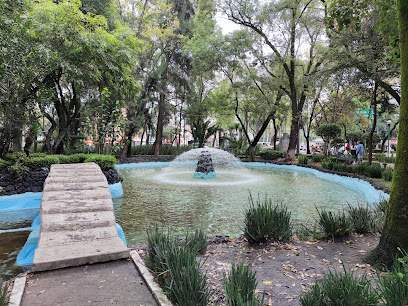
Fuente de Cibeles
Experience the grandeur of Fuente de Cibeles, a stunning historical fountain and iconic symbol of Mexico City, surrounded by vibrant parks and culture.
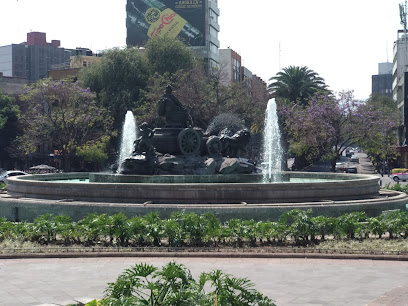
CDMX Letras
Discover the artistic heart of Mexico City at CDMX Letras, where vibrant murals and rich culture merge into an unforgettable experience.
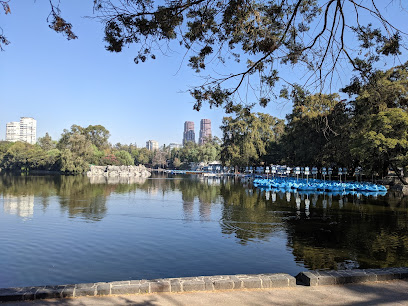
Mural del Pájaro
Experience the vibrant beauty of Mural del Pájaro, a stunning mural in Roma Norte, Mexico City, reflecting the city's rich artistic heritage.
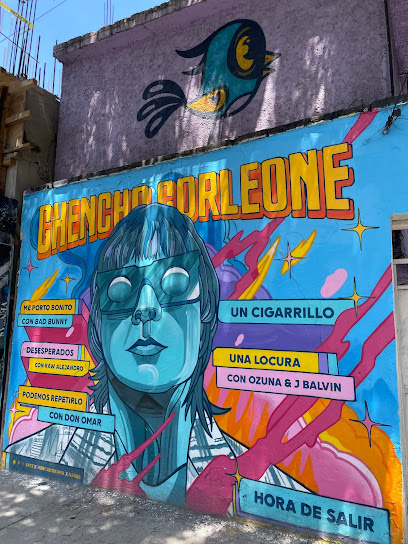
Essential places to dine
Lardo
Experience the essence of Mediterranean dining at Lardo in La Condesa—where vibrant flavors meet stylish ambiance.
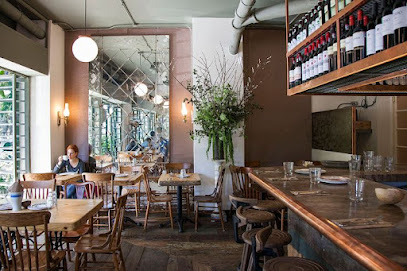
Azul
Discover the exquisite flavors of traditional Mexican cuisine at Azul, a fine dining experience in the heart of Mexico City's Hipódromo district.
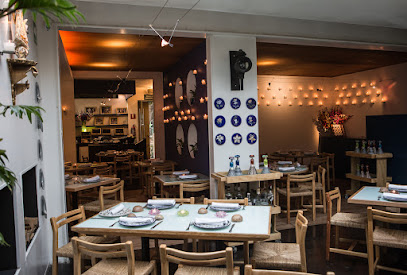
Nonna
Discover Nonna: An exquisite Italian dining experience in La Condesa, Mexico City—where tradition meets flavor.
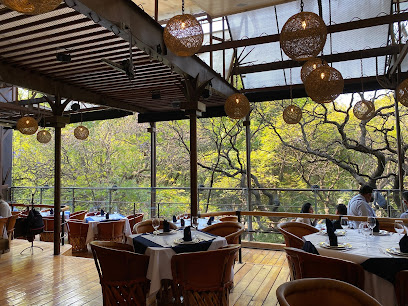
Creperie de la Paix
Experience authentic French cuisine at Creperie de la Paix - where every bite is a journey through flavors and tradition in Mexico City's Condesa.
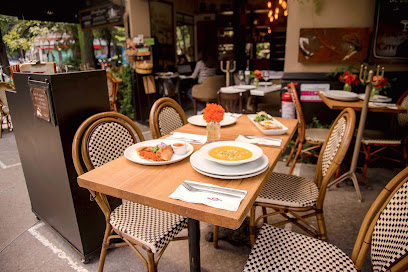
Porco Rosso
Experience the best American barbecue at Porco Rosso in Hipódromo Condesa, where every bite is a celebration of flavor.
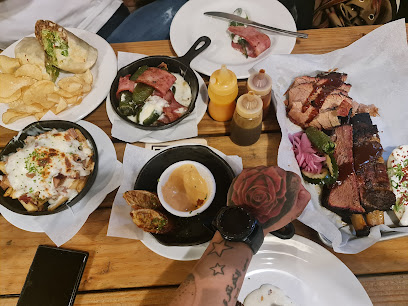
Primos
Experience the fusion of Mediterranean and Mexican flavors at Primos in La Condesa - a must-visit culinary destination in Mexico City.
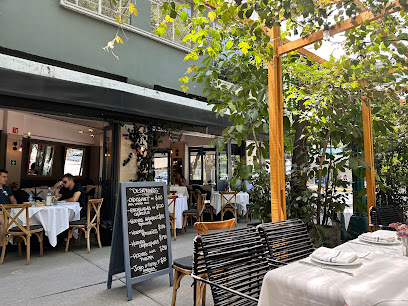
Cedrón
Discover the delightful fusion of French cuisine and Mexican flavors at Cedrón in La Condesa, Mexico City.
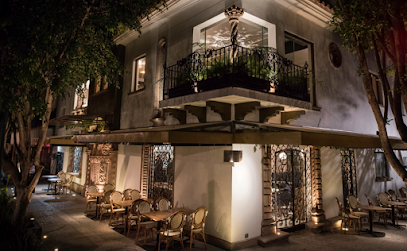
Casa d'Italia
Experience authentic Italian cuisine at Casa d'Italia in La Condesa - where tradition meets taste in the heart of Mexico City.
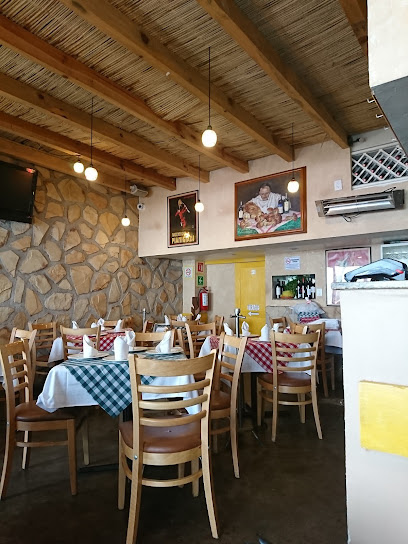
Xel-Há Bar
Experience the vibrant essence of Mexico at Xel-Há Bar—where traditional flavors meet contemporary ambiance in La Condesa.
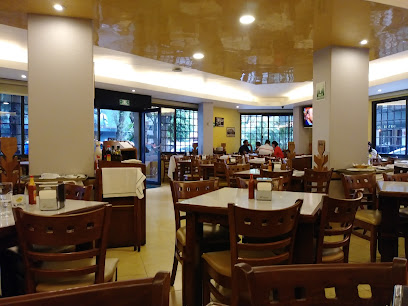
Rojo Bistrot
Experience exquisite French-Mediterranean cuisine at Rojo Bistrot in Colonia Condesa, where culinary artistry meets vibrant ambiance.
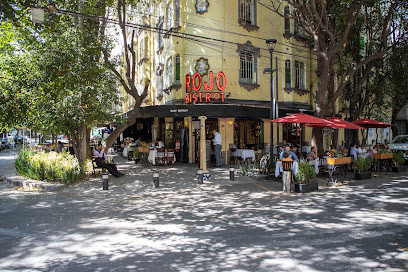
Markets, malls and hidden boutiques
Casa Salt Condesa
Discover the essence of contemporary Mexican fashion at Casa Salt Condesa, your go-to clothing store in La Condesa, Mexico City.
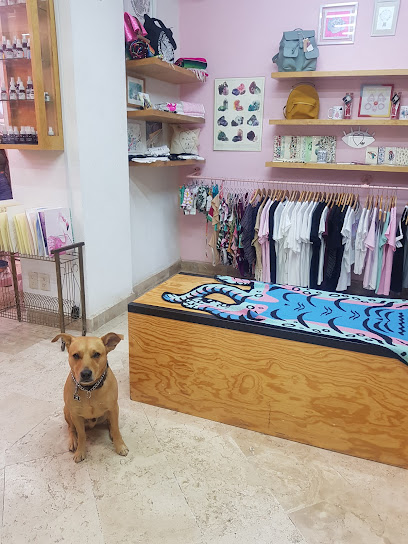
VOID
Explore the eclectic fashion at VOID, a unique clothing store in La Condesa, Mexico City, where local artistry meets contemporary style.
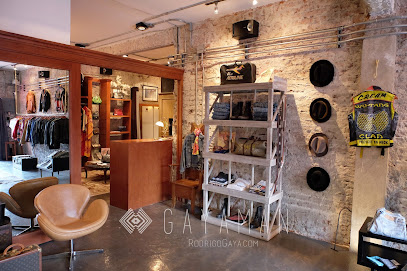
Someone Somewhere - Condesa
Explore unique fashion at Someone Somewhere in Condesa, where high-quality fabrics meet trendy designs in a vibrant shopping experience.
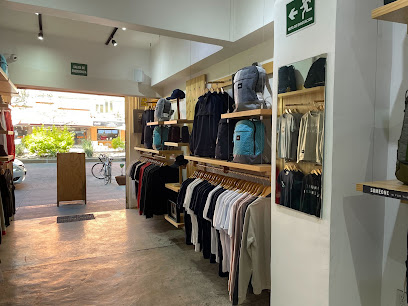
Old Skull Boutique
Explore the vibrant fashion scene at Old Skull Boutique in La Condesa, featuring unique styles and local flair for the modern traveler.

Columpio
Explore Columpio, a vibrant clothing store in La Condesa, Mexico City, featuring unique apparel and accessories that celebrate local craftsmanship and style.
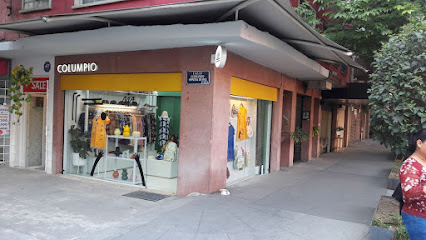
Casa Mandarine
Discover unique fashion and local handicrafts at Casa Mandarine, a must-visit boutique in vibrant La Condesa, Mexico City.
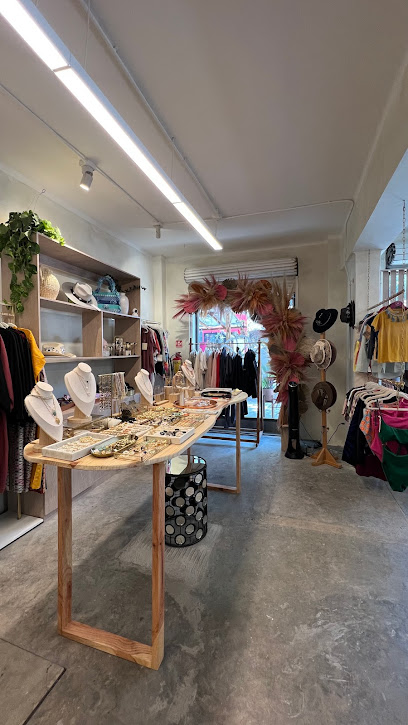
Toya
Discover unique fashion and accessories at Toya, a boutique that captures the stylish spirit of La Condesa in Mexico City.
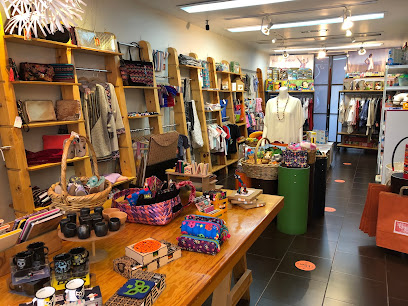
La Petite Boutique
Discover the charm of La Petite Boutique in Colonia Condesa, where local fashion and artisanal finds await every visitor.
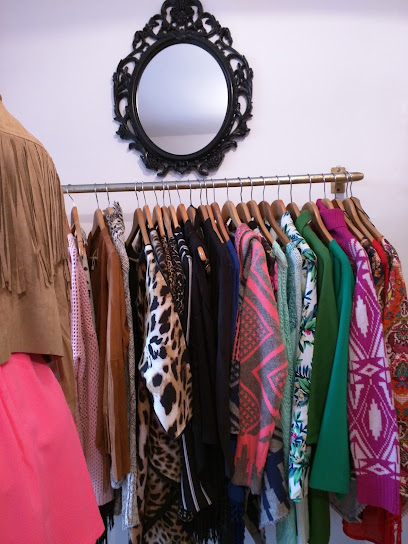
Ki Boutique
Explore the vibrant styles of Ki Boutique, a must-visit clothing store in La Condesa, where fashion meets local flair in Mexico City.
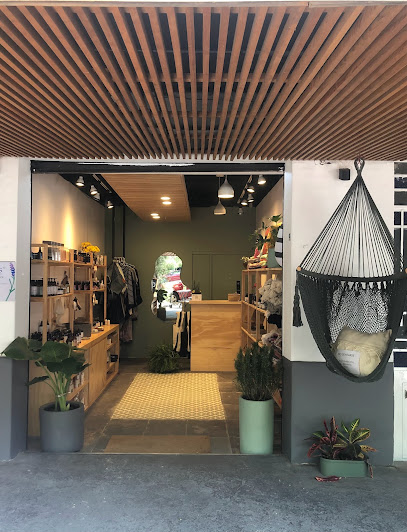
Mad Woman Concept Store
Discover fashion and creativity at the Mad Woman Concept Store in the heart of Mexico City's Colonia Condesa, where style meets individuality.
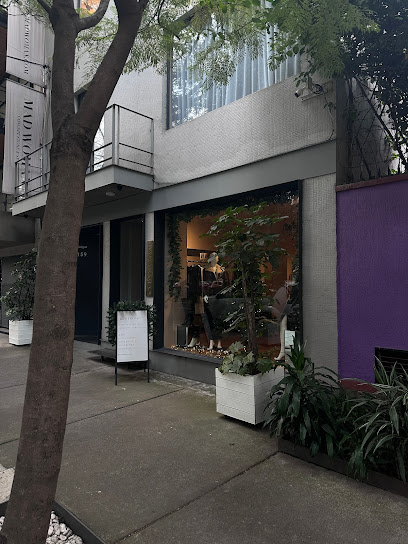
Essential bars & hidden hideouts
Wallace Whisky Bar
Discover the lively atmosphere of Wallace Whisky Bar in La Condesa, offering an extensive whisky selection and vibrant nightlife in Mexico City.
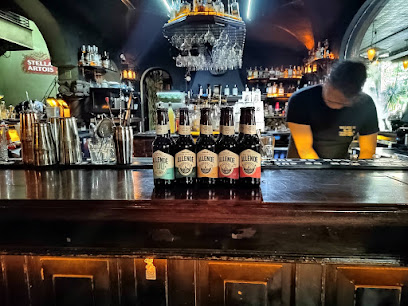
Sixtie's Bar
Discover the vibrant flavors and lively atmosphere of Sixtie's Bar, a must-visit grill and bar in the heart of Mexico City's La Condesa.
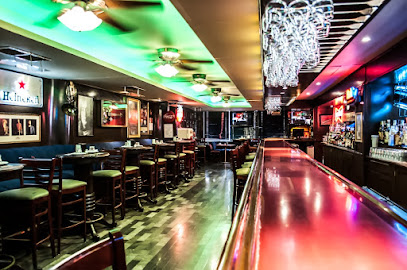
Drunkendog
Discover the vibrant atmosphere and exceptional craft beers at Drunkendog, a top-notch brewpub in Mexico City's La Condesa neighborhood.
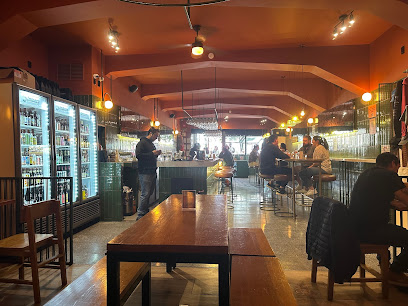
La Clandestina
Discover the art of mezcal at La Clandestina, a cozy bar in Mexico City's Condesa, where authentic flavors and vibrant atmosphere await.
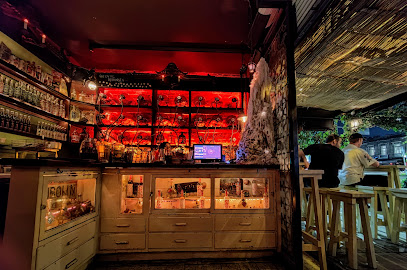
Bar Wichitos
Discover the vibrant nightlife at Bar Wichitos, a must-visit bar in Mexico City's Hipódromo district, offering craft cocktails and local flavors.
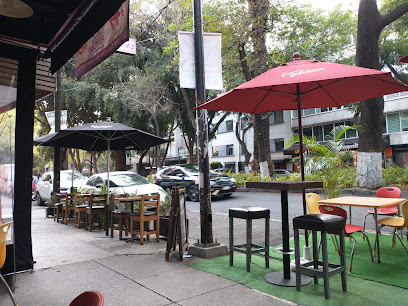
Baltra Bar
Experience the vibrant nightlife of Mexico City at Baltra Bar, where unique cocktails and a nautical theme await you.
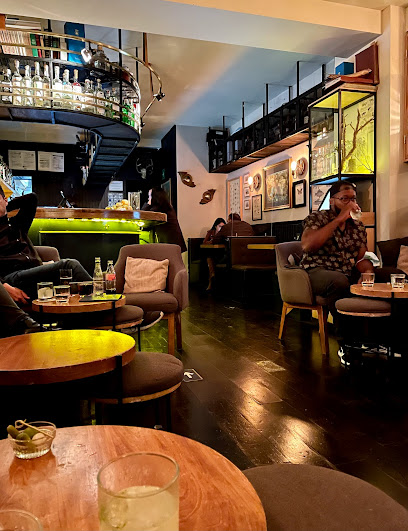
Tequilería La Perla d Occidente
Discover the vibrant flavors of Mexico at Tequilería La Perla d Occidente, where tequila and traditional cuisine unite in a lively atmosphere.
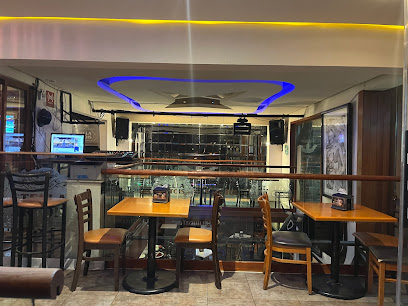
El Aserrín
Experience the essence of Mexico City's nightlife at El Aserrín, where mezcal meets a friendly atmosphere in the heart of La Condesa.
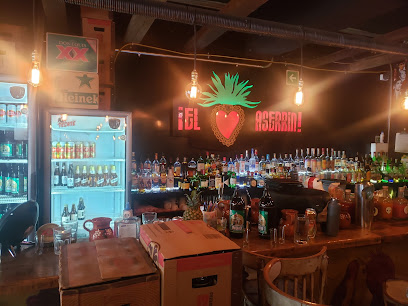
Gin Gin Condesa
Experience the vibrant nightlife of Mexico City at Gin Gin Condesa, where innovative cocktails and a lively atmosphere await every visitor.
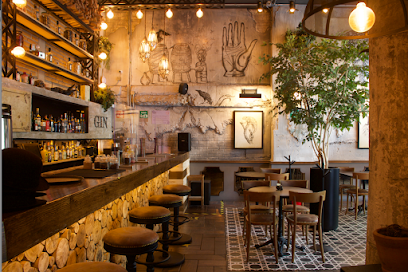
Deleted Souls
Experience the unique and creative cocktails at Deleted Souls in La Condesa, a must-visit cocktail bar in Mexico City.
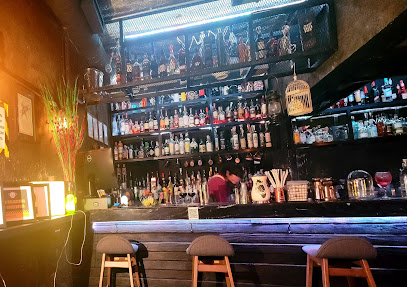
Local Phrases
-
- HelloHola
[oh-lah] - GoodbyeAdiós
[ah-dee-ohs] - YesSí
[see] - NoNo
[noh] - Please/You're welcomePor favor/De nada
[por fah-vor/deh nah-dah] - Thank youGracias
[grah-see-ahs] - Excuse me/SorryPerdón/Lo siento
[pair-dohn/loh see-ehn-toh] - How are you?¿Cómo estás?
[koh-moh ehs-tahs] - Fine. And you?Bien. ¿Y tú?
[byen. ee too] - Do you speak English?¿Hablas inglés?
[ah-blahs een-glehs] - I don't understandNo entiendo
[noh ehn-tee-ehn-doh]
- HelloHola
-
- I'd like to see the menu, pleaseMe gustaría ver el menú, por favor
[meh goo-stah-ree-ah behr ehl meh-noo, por fah-vor] - I don't eat meatNo como carne
[noh koh-moh kahr-neh] - Cheers!¡Salud!
[sah-lood] - I would like to pay, pleaseMe gustaría pagar, por favor
[meh goo-stah-ree-ah pah-gahr, por fah-vor]
- I'd like to see the menu, pleaseMe gustaría ver el menú, por favor
-
- Help!¡Ayuda!
[ah-yoo-dah] - Go away!¡Vete!
[veh-teh] - Call the Police!¡Llama a la policía!
[yah-mah ah lah po-lee-see-ah] - Call a doctor!¡Llama a un doctor!
[yah-mah ah oon dohk-tohr] - I'm lostEstoy perdido
[ehs-toy pair-dee-doh] - I'm illEstoy enfermo
[ehs-toy ehn-fehr-moh]
- Help!¡Ayuda!
-
- I'd like to buy...Me gustaría comprar...
[meh goo-stah-ree-ah kohm-prahr] - I'm just lookingSólo estoy mirando
[soh-loh ehs-toy mee-rahn-doh] - How much is it?¿Cuánto cuesta?
[kwan-toh kwehs-tah] - That's too expensiveEsto es muy caro
[ehs-toh ehs mwee kah-roh] - Can you lower the price?¿Puede bajar el precio?
[pweh-deh bah-har ehl pree-syoh]
- I'd like to buy...Me gustaría comprar...
-
- What time is it?¿Qué hora es?
[keh oh-rah ehs] - It's one o'clockEs la una
[ehs lah oo-nah] - Half past (10)Y media
[ee meh-dee-ah] - MorningMañana
[mah-nyah-nah] - AfternoonTarde
[tahr-deh] - EveningNoche
[noh-cheh] - YesterdayAyer
[ah-yehr] - TodayHoy
[oy] - TomorrowMañana
[mah-nyah-nah] - 1Uno
[oo-noh] - 2Dos
[dohs] - 3Tres
[trehs] - 4Cuatro
[kwah-troh] - 5Cinco
[seen-koh] - 6Seis
[says] - 7Siete
[syeh-teh] - 8Ocho
[oh-choh] - 9Nueve
[nweh-veh] - 10Diez
[dyehs]
- What time is it?¿Qué hora es?
-
- Where's a/the...?¿Dónde está...?
[dohn-deh ehs-tah] - What's the address?¿Cuál es la dirección?
[kwal ehs lah dee-rehk-syohn] - Can you show me (on the map)?¿Puedes mostrarme (en el mapa)?
[pweh-dehs mohs-trar-meh (ehn ehl mah-pah)] - When's the next (bus)?¿Cuándo es el próximo (autobús)?
[kwan-doh ehs ehl proh-ksee-moh (ow-toh-boos)] - A ticket (to ....)Un boleto (para ...)
[oon boh-leh-toh (pah-rah)]
- Where's a/the...?¿Dónde está...?
History of Condesa
-
Condesa originated in the late 19th century as a fashionable neighborhood, designed by the urban planner Carlos de Sigüenza y Góngora. It was initially intended as a residential area for the upper class, reflecting European architectural styles. The neighborhood's design featured wide boulevards, ornate facades, and green spaces, which were influenced by the European trends of the time.
-
During the 1920s and 1930s, Condesa experienced a cultural renaissance marked by the Art Deco movement. Many buildings were constructed in this style, showcasing geometric shapes and vibrant colors. The area became a hub for artists, writers, and intellectuals, contributing to the cultural identity of Mexico City, with figures like Diego Rivera and Frida Kahlo frequently seen in local cafés.
-
The Mexican Revolution (1910-1920) had a profound impact on Condesa's development. As the conflict reshaped the political landscape, many affluent families fled, leading to a decline in the neighborhood's status. However, this period also allowed for the influx of diverse communities, enriching the cultural tapestry of Condesa and paving the way for its eventual revitalization.
-
By the mid-20th century, Condesa faced urban decline, with many buildings falling into disrepair. However, in the late 20th century, a wave of urban renewal began, driven by both government initiatives and private investment. This revitalization included the restoration of historic buildings and the establishment of parks and cultural venues, making Condesa a desirable place to live once again.
-
Today, Condesa is celebrated for its vibrant cultural scene, characterized by a mix of traditional and contemporary influences. The neighborhood is home to numerous art galleries, theaters, and music venues, as well as a diverse culinary landscape. Events such as the annual 'Festival de las Culturas Amigas' highlight the neighborhood's role as a cultural melting pot, solidifying its status as one of Mexico City's most dynamic areas.
Condesa Essentials
-
Condesa is easily accessible from various neighborhoods in Mexico City. The nearest metro stations are Chapultepec (Line 1) and Tacuba (Line 7) which connect to major transit lines. Taxis and rideshare services like Uber are widely available. Public buses also service the area, with routes that connect to popular spots such as Roma, Polanco, and downtown. If arriving from the airport, consider taking a taxi or an airport shuttle for a direct route to Condesa, which typically takes around 30-45 minutes depending on traffic.
-
Condesa is a pedestrian-friendly neighborhood, making walking one of the best ways to explore its charming streets, parks, and cafes. The neighborhood is well-served by the Metro, with Chapultepec and Sevilla stations nearby. Biking is also popular; consider renting a bicycle from the Ecobici system, which has numerous stations throughout the area. If you prefer public transport, local buses and microbuses run frequently. Taxis and rideshare services are another convenient option for longer distances or late-night travel.
-
Condesa is generally considered a safe area for tourists, but standard precautions should still be observed. Avoiding poorly lit streets at night and being aware of your surroundings is advisable. Areas with higher crime rates include some parts of Iztapalapa and Tepito, which are far from Condesa but should be noted if traveling across the city. Keep your belongings secure and avoid displaying valuable items in public.
-
In case of emergency, dial 911 for police, fire, or medical assistance. The nearest hospitals are Hospital ABC and Hospital Español. It's advisable to have travel insurance that covers medical expenses. For minor health issues, there are pharmacies throughout Condesa where you can purchase over-the-counter medications. Keep a list of emergency contacts handy, including your country's embassy.
-
Fashion: Do wear comfortable, casual clothing suitable for walking. Don't wear overly flashy jewelry to avoid attracting unwanted attention. Religion: Do respect local customs. If visiting a church, dress modestly. Public Transport: Do give up your seat for the elderly or pregnant women. Don't engage in loud conversations or phone calls on public transport. Greetings: Do greet with a friendly 'Hola' and a smile. A handshake is common. Eating & Drinking: Do try local street food and visit traditional markets. Don't drink tap water; always opt for bottled water.
-
To experience Condesa like a local, immerse yourself in its vibrant café culture by spending time in its many coffee shops or bakeries. Visit Parque Mexico for a stroll or to enjoy outdoor yoga sessions. Engage with locals by attending neighborhood events or visiting local art galleries. Don't miss the chance to try traditional Mexican breakfasts such as chilaquiles or tamales in local eateries. For nightlife, explore the many bars and clubs, but be mindful of local noise ordinances.
-
Condesa is known for its Art Deco architecture and lush green spaces. Key sites include Parque España, Parque México, and the many murals and street art adorning the buildings. The neighborhood is also home to various cultural events throughout the year, including art walks and food festivals. Be sure to check local listings for events during your visit to get a taste of the local culture.
Nearby Cities to Condesa
-
Things To Do in Taxco
-
Things To Do in Puebla
-
Things To Do in Queretaro
-
Things To Do in San Miguel de Allende
-
Things To Do in Guanajuato
-
Things To Do in Acapulco
-
Things To Do in Veracruz
-
Things To Do in Oaxaca
-
Things To Do in Puerto Escondido
-
Things To Do in Guadalajara
-
Things To Do in Ixtapa-Zihuatanejo
-
Things To Do in Puerto Vallarta
-
Things To Do in Chiapas
-
Things To Do in Monterrey
-
Things To Do in Matamoros











